The week in Russia began with stunning developments. President Vladimir Putin dismissed his transport minister, Roman Starovoit, on Monday morning. By that afternoon, Starovoit was found dead in a Moscow park with a gunshot wound to the head, a pistol lying nearby.
Authorities quickly assumed it was suicide. The speed and gravity of the events sent shockwaves through the Russian media and public, especially as such a dramatic fall from high office, followed by apparent suicide, is virtually unheard of in modern Russian history.
From Kursk Scandal to Sudden Death: Speculation Mounts Amid Kremlin’s Measured Silence
The tabloid Moskovsky Komsomolets highlighted the rare nature of Starovoit’s death, drawing comparisons to a case from more than thirty years ago, when Soviet Interior Minister Boris Pugo killed himself after the failed 1991 coup.
The Kremlin itself remained tight-lipped. When questioned, Putin’s spokesman Dmitry Peskov admitted the news was shocking but avoided speculation, leaving the investigation to determine the facts. Nevertheless, Russian newspapers were quick to connect Starovoit’s death with wider political and legal troubles.
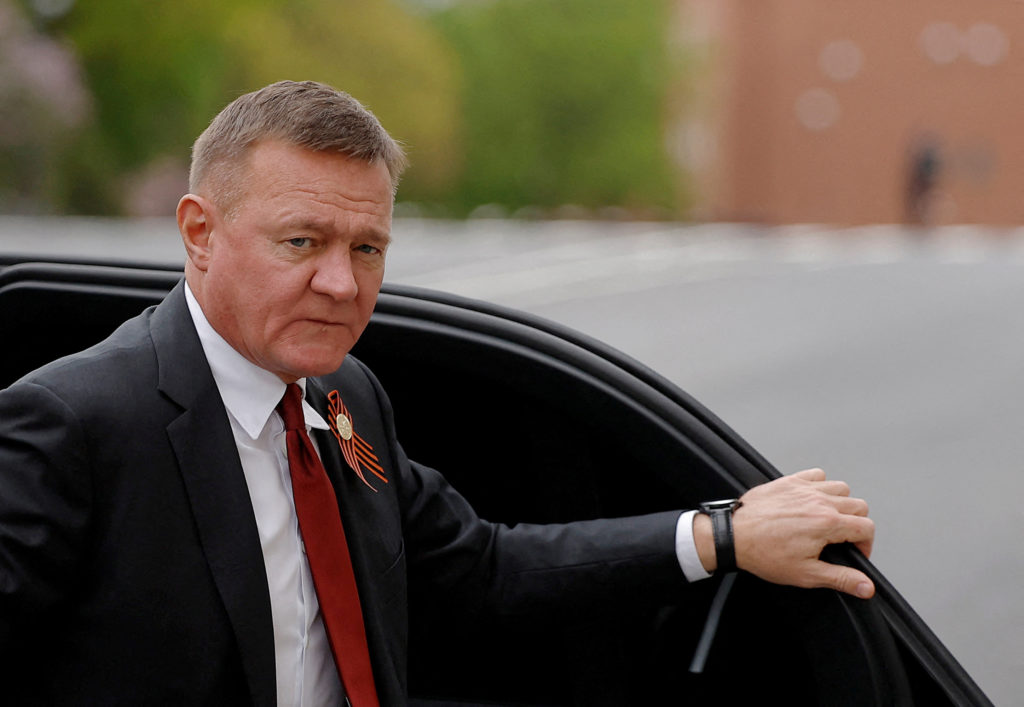
Before becoming transport minister, Starovoit served as governor of the Kursk region, which borders Ukraine. During his tenure, he oversaw the construction of defensive fortifications that later failed to prevent Ukrainian advances. Allegations of corruption have since emerged, with his successor and former deputy arrested for fraud.
Russian media speculated that Starovoit, facing potential investigation and prosecution, may have feared becoming a central figure in the scandal. Business daily Kommersant suggested he might have become a key defendant in the case, though this remains unconfirmed.
Stalin-Era Parallels and Media Silence Deepen Fears Within Russia’s Political Elite
Theories surrounding Starovoit’s death have sparked deeper concerns about the state of governance in Russia. Nina Khrushcheva, a professor of international affairs, compared the situation to Stalin-era purges, where officials saw no escape from the system other than death.
She noted that fear of prison and repercussions for one’s family could push officials toward desperate actions. The parallel to 1937, when prominent Soviet figures took their own lives under pressure, underlines the growing climate of fear and authoritarian control within today’s Russian political system.
Despite the magnitude of the event, Russian state television gave the story minimal attention. The main evening news report ignored Starovoit’s dismissal and death, only mentioning it briefly toward the end of the broadcast. This omission likely reflects the Kremlin’s careful control of public perception via television, the country’s most influential medium.
However, for Russia’s political elite, the implications are clear: rising through the ranks no longer guarantees safety or success. As Khrushcheva grimly summarized, not only is upward mobility disappearing, but even stepping down can be deadly—a stark reminder of the risks of entanglement in Russia’s volatile political hierarchy.

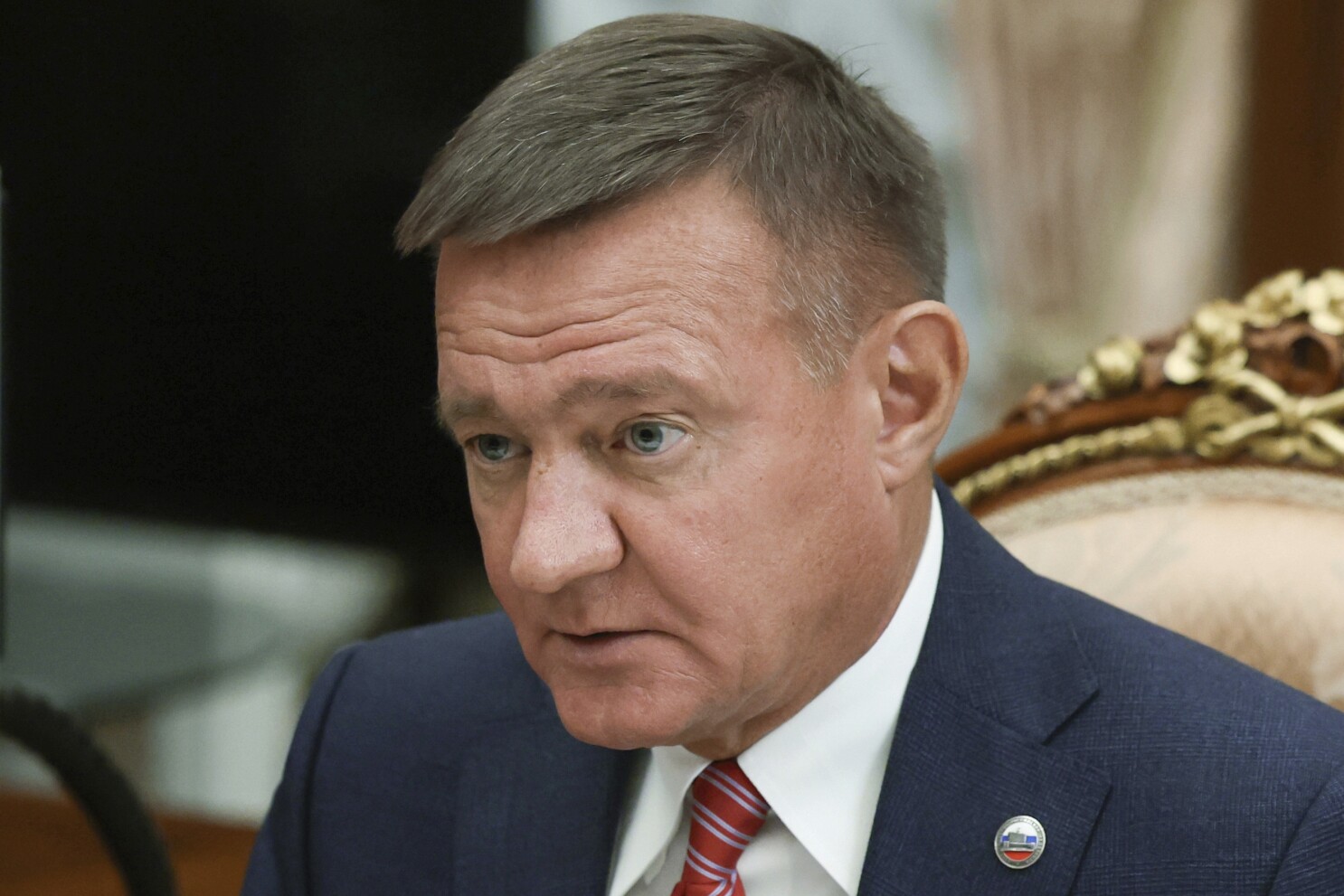






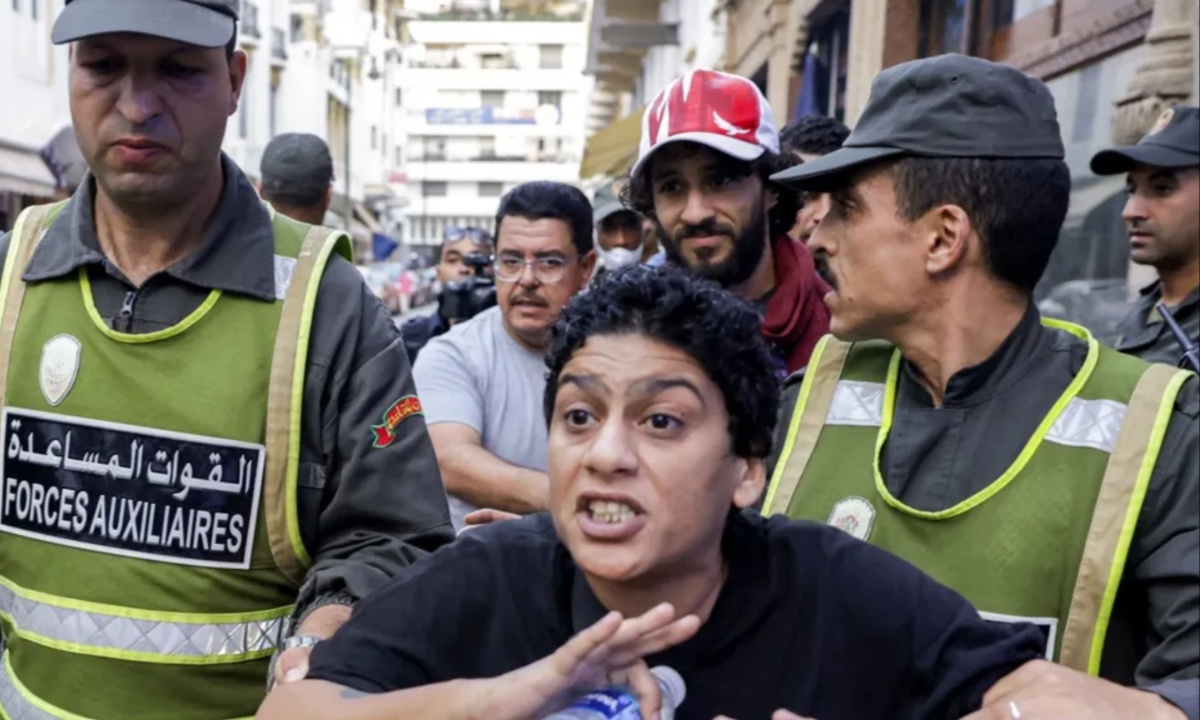
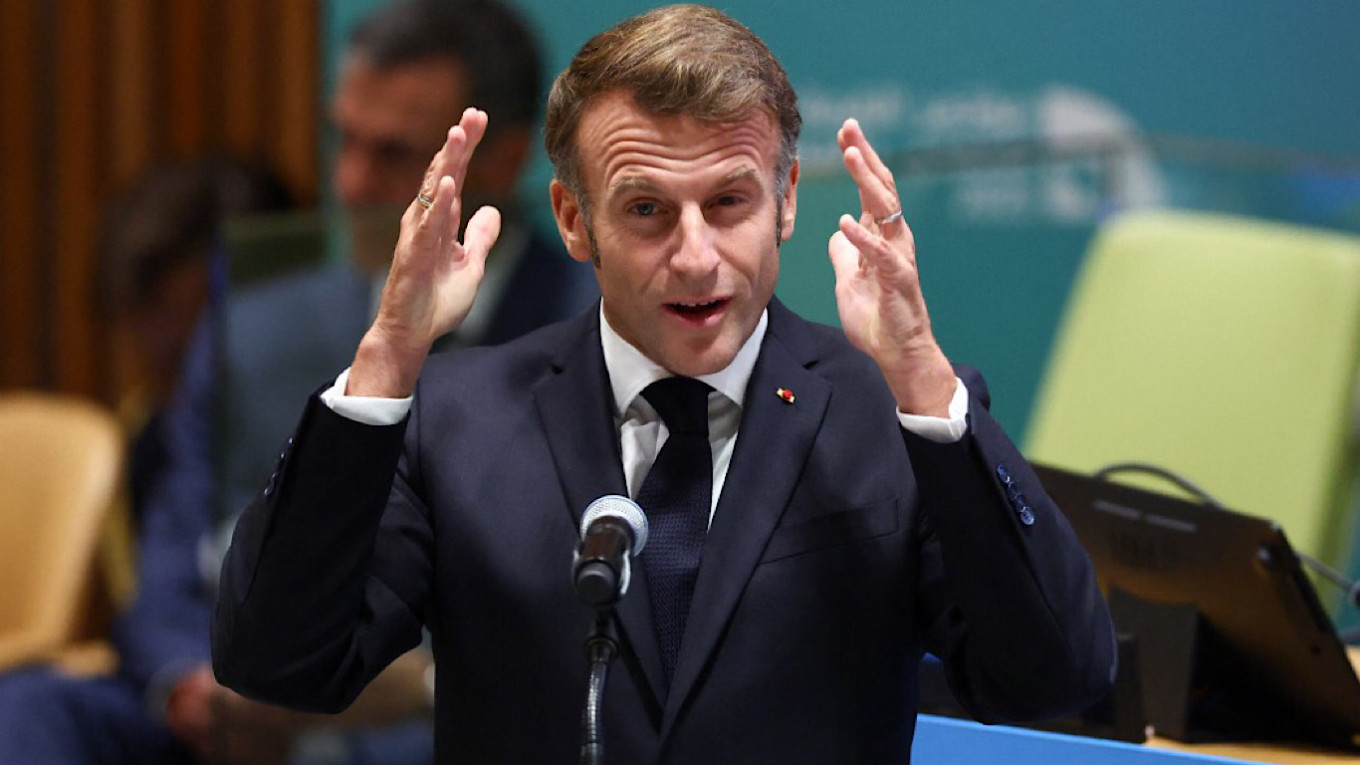
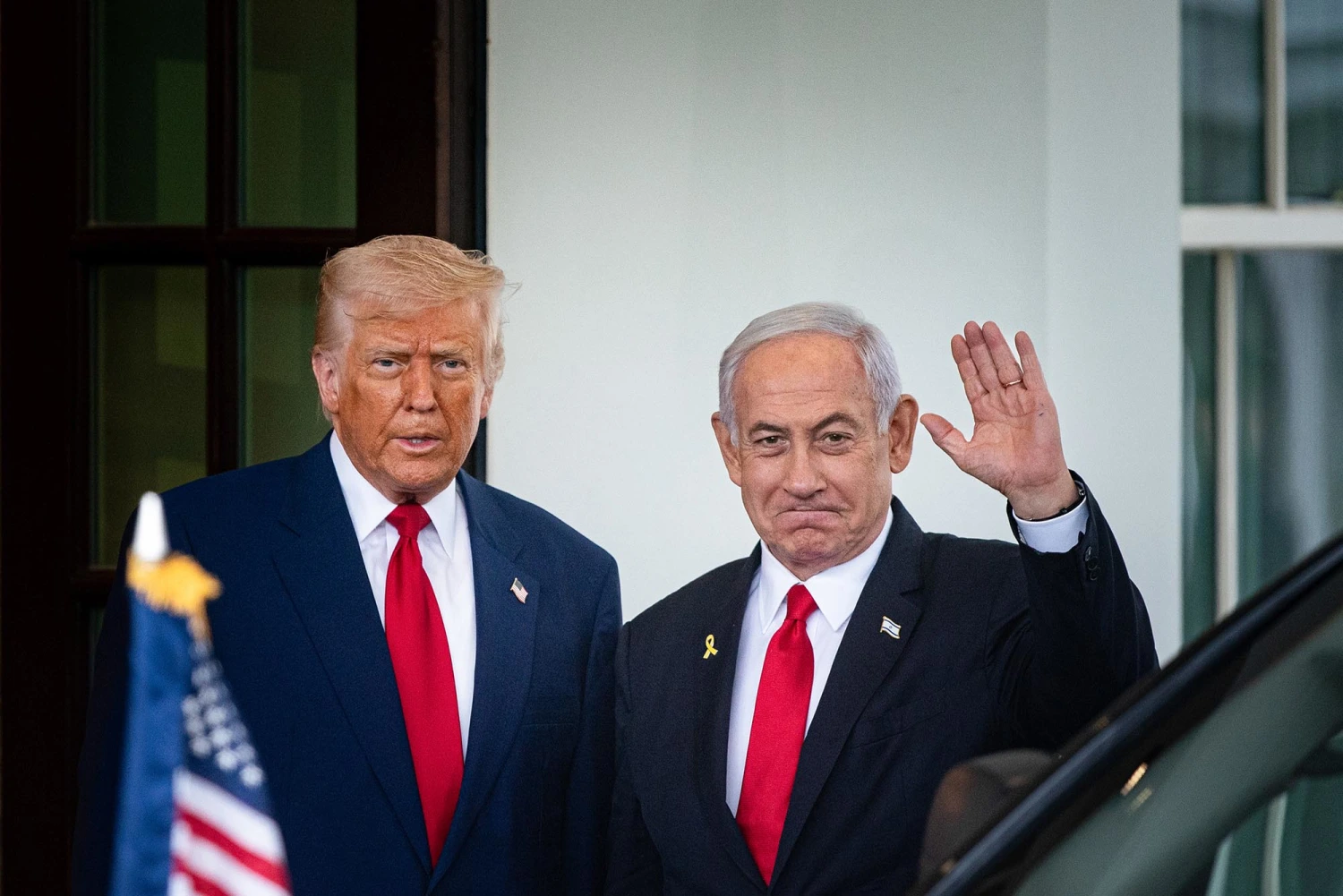
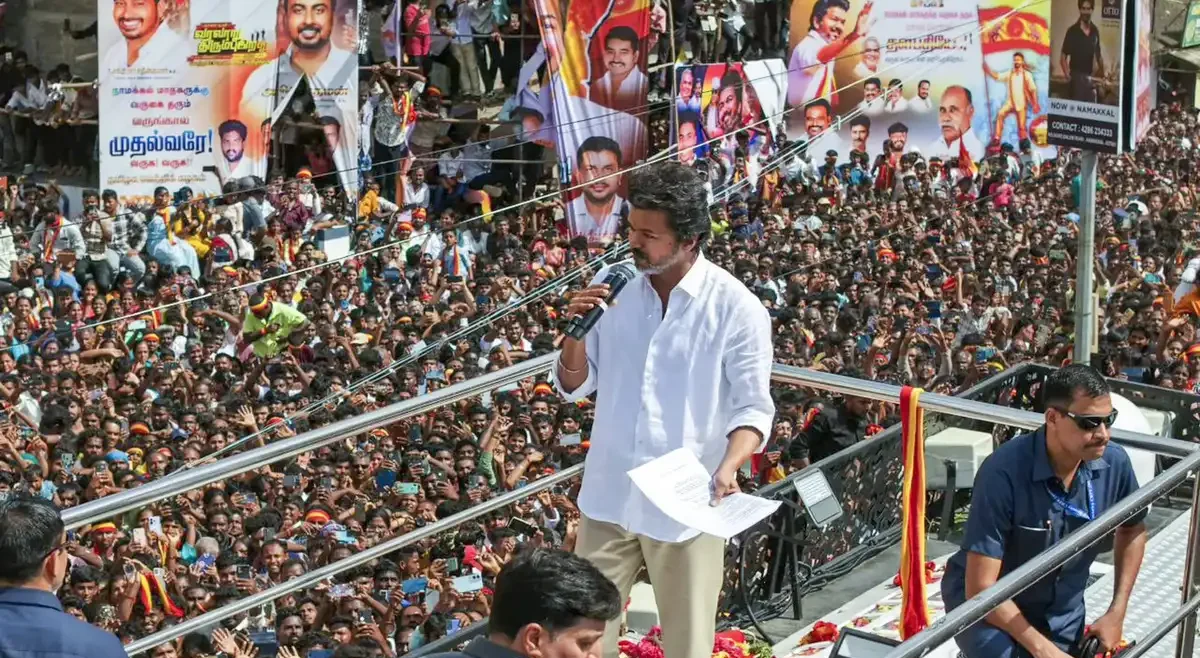
Leave a Reply